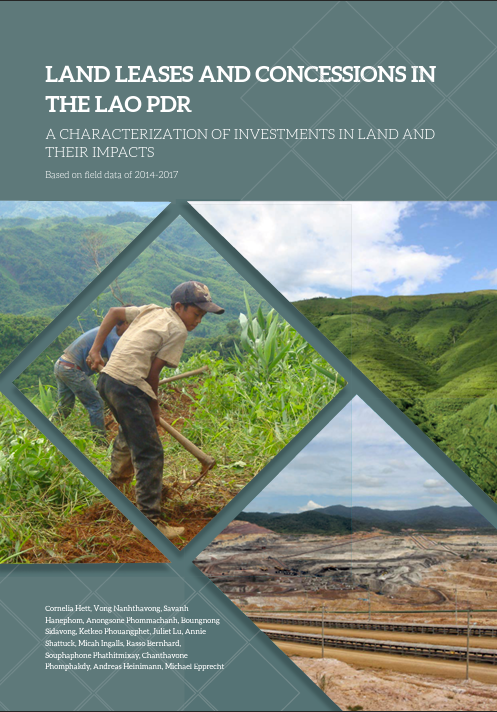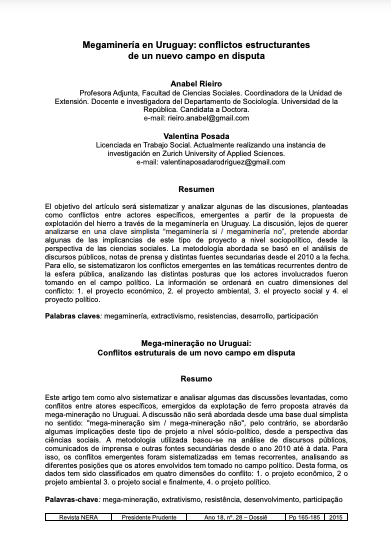The Mining Cadastre as an Extension and Specialization of the Kenyan Property Cadastre
The accelerated exploration of sub-surface mineral resources across much of Africa has created the need for proper administration of sub-surface land rights. The trend world-wide is a separate cadastre for mining.





